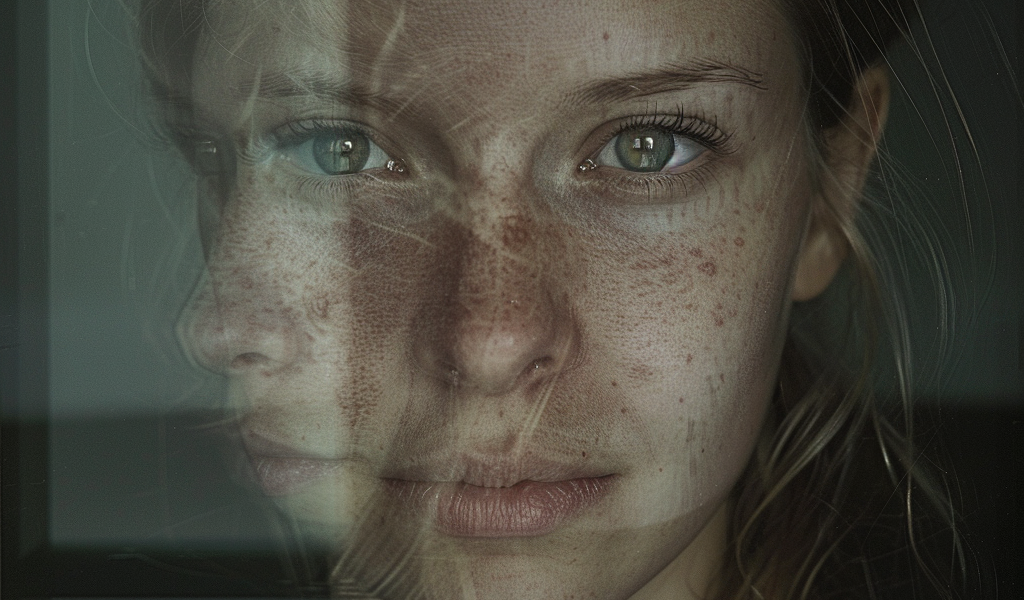A rare neurological disorder has come to light, shedding new insights into the world of the afflicted. Victor Sharrah, a 58-year-old man, has been experiencing a peculiar condition called prosopometamorphopsia (PMO) for nearly three years. This disorder causes individuals to perceive demonic and distorted faces when looking at real faces, while faces in photographs or on screens appear normal.
With fewer than 100 reported cases in medical literature, PMO is an exceedingly rare disorder that results in unsettling visual defects specific to faces. Afflicted individuals perceive a variety of facial distortions such as widened faces, sinister grins, enlarged noses, pronounced eyebrows, and deep forehead lines. Additionally, faces can appear discolored, exhibit a coarse texture, or have features out of place.
Despite the haunting visual experiences, individuals with PMO do not exhibit other neurological symptoms such as hallucinations or delusions, although they may be misdiagnosed with disorders like schizophrenia. The case of Victor Sharrah has provided researchers with a unique opportunity to understand the world through the eyes of a PMO patient for the first time.
Brad Duchaine, leading a team at Dartmouth, conducted research with Sharrah, asking him to compare in-person faces to photos of the distorted faces. Using image-editing software, the researchers modified the photos according to Sharrah’s descriptions, resulting in images that could easily be interpreted as demonic or resembling mischievous characters.
While some cases of PMO resolve on their own, others may persist for years. A better understanding of the causes of PMO is crucial in providing the necessary support and treatment for those affected by this rare disorder.





